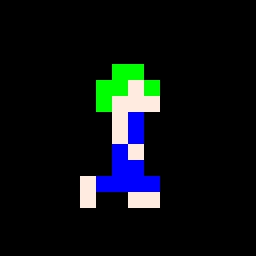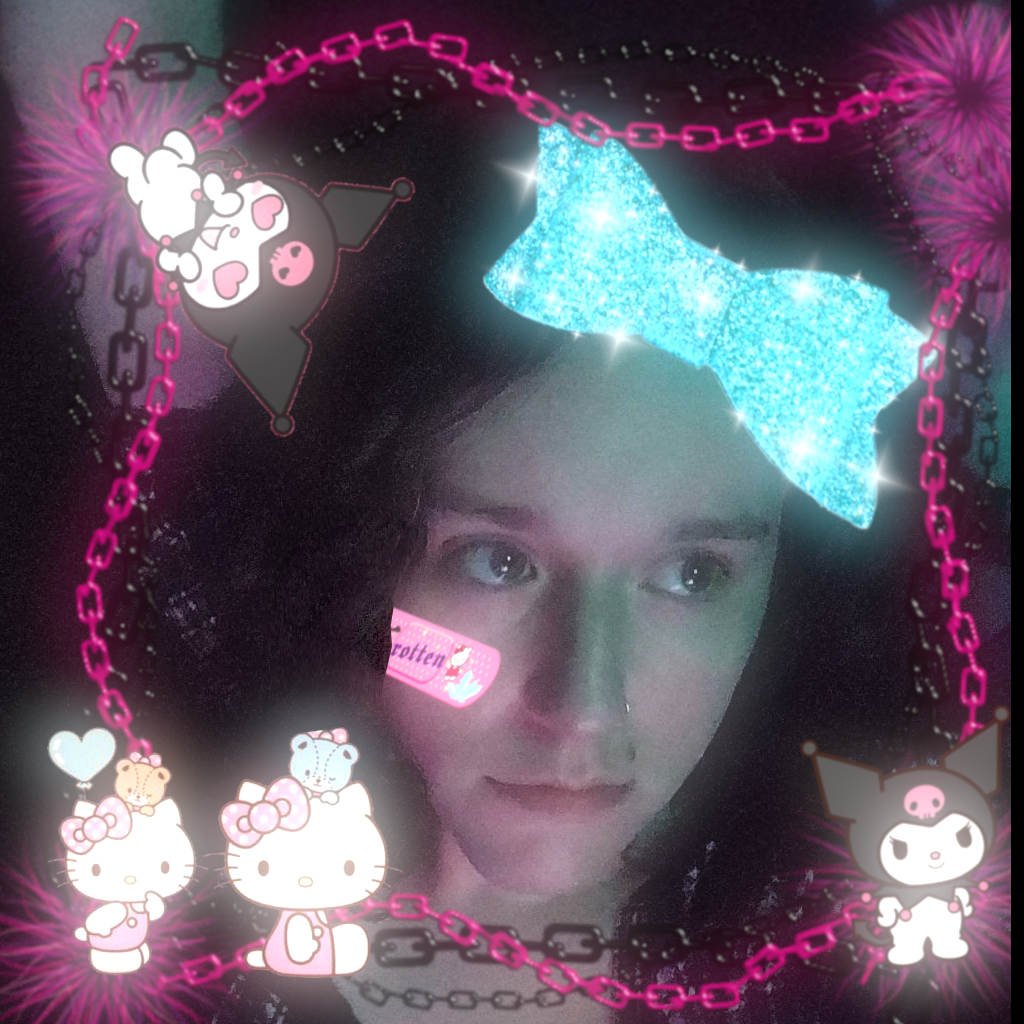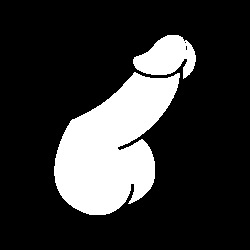Thank you!
the link to the wikipedia page with the audio clip really helped, made no sense without that.
I had no idea what the name of the sound was so I credit being a native speaker and reading the comic out loud with my understanding.
Do read it out loud - the more you exaggerate it the more fun it is.
Cannot believe how smart this guy is. If 10% of the planet were like Randall we would’ve cured cancer like the second time somebody got diagnosed with it.
Where is the audio clip?
Never have I needed the explanation more than with this one.
I still have no clue.
Almost all of that conversation is using the “uh” as a ‘replacement’ for all the vowels.
Whuht’s Uhp, Duhg.
That “uh” sound is called “schwa”
But why is it called schwa??
Phonetic names. If you were to call it “uh” it would be too ambiguous. Probably.
https://en.wikipedia.org/wiki/Mid_central_vowel
https://en.wikipedia.org/wiki/International_Phonetic_Alphabet
This is straight up. Better explanation than the whole wicky article. Because the usage of schwa for “uh” had me confused as fuck.
schwa for “uh”
That’s all I needed to turn an incomprehensible explanation to “oh! Got it!”
What kind of fucked-up Forest-Gump accent does Randall have?
?
Most English accents make a strong distinction between most of the voewls in that sentence. If you relentlessly turn everything to schwa, you get a cross between the aforementioned Forest Gump and “Ermagerd, shers”.
Out of curiosity, what words does your accent pronounce without a schwa? Every single vowel sound in that is a schwa sound in those sentences sounds perfectly natural to me with a schwa sound.
/wɒts ʌp? wʌz dʌg gənə kʌm? dʌg lʌvz bɹʌntʃ. nʌʔʌ dʌgz stʌk kɒz ɒv ə tʌnəl ɒbstɹʌkʃən. ə tɹʌk dʌmpt ə tʌn ɒv ʌnjənz. əχ./
For me it’s more like
/wɒts ʌp? wɒz dʌg gənə kʌm? dʌg lʌvz bɹʌnʧ. nɜːʔɜː dʌgz stʌk kʌz ɒv ə tʌnəl əbstɹʌkʃən. ə tɹʌk dʌmpt ə tʌn ɒv ʌnjənz. əχ./(Gimsonian, anyway, I like the newer, more logical style that would have nurse be /nəːs/)
Interestingly, “ʌ” is not used in many American linguistics sources, from Merriam Webster to Google Translate. In American English and many dialects of British English (and many others), there is little to no difference between ‘ʌ’ and ‘ə.’ I believe ‘ʌ’ is considered an allophone of ‘ə,’ which aren’t always listed for vowel sounds in IPA.
The distinction is called the comma-strut split (referenced in the xkcd explainer), and occurs in a minority of English dialects apparently. I didn’t realize Australian English was one of them! Cool.
I was putting the question mark because Tom Hanks affects a Mississippian accent, which would not necessarily pronounce all of these words with a schwa.
“Ermahgerd” uses two different vowel sounds, and that ɚ sound is slightly different than the examples in the xkcd, none of which are ɚ.
Given all three of these items–xkcd, Forrest Gump, and the meme–are from the United States, it makes sense to think of them in that dialect context.
I realize that you’re Australian, so perhaps you wouldn’t pronounce all these words with a schwa, but one of the defining features of the Australian accent is the abundance of schwas that are added in places that American English doesn’t have it–notably at the end of words. Arguably Australian English actually uses the schwa more than Forrest Gump (or Randall) would.
It’s also probably important to remember that the entire population of Australia is roughly equivalent to the metro area of New York City. As of 2022, there were roughly 400 million native English speakers in the world, of which roughly 306 million are in the United States, so I’m not sure about your “most English accents” comment either.
That said it’s a very common second language, and at that level there would basically be innumerable accents, but it would be nearly impossible to analyze relative vowel variance across at that scale. So, maybe!
Isn’t this only true for a forest gump accent?
Midwestern possibly. It works with my accent at least
I bet these sentences sound super weird if you try to pronounce them without using any schwas.
You would probably just sound like a non-native speaker. I assume it would be similar to weak forms and how weak forms are usually absent from non-native english speech.
As a non-native speaker, I was kinda confused at first by this comic because in my head the vowels definitely didn’t sound all the same. But I personally consider pronunciation of vowels in English to be one of the greatest mysteries in the universe, so no wonder.
As a native English speaker and Spanish learner, consistent vowel pronunciation is so incredible. 🥺 Just looking at a word and knowing how to pronounce it… amazing stuff. Kind of wild that in some languages you don’t have the ‘curse of the self educated’ (randomly mispronouncing words you’ve only read, not heard spoken).
Yeah that blew my mind about Spanish. I was like, “WHAT DO YOU MEAN ALL THESE VOWELS ALWAYS HAVE THE SAME SOUND??? YOU ARE ALLOWED TO DO THAT!??”
Then I started trying to learn to conjugate verbs and I was like ohhhhh, ok, so fuck me.
I was BAFFLED to learn at 35 that “awry” does not rhyme with “glory”.
Non-native to where? These aren’t all schwa in all English-speaking nations. They’re not even all schwa in all US dialects.
Language is crazy.
Great… now it reads like Apu from Simpsons.
Do you mean Apu?
Abu was the monkey in Aladdin
Yes.
Sounds like you’re still learning english
Don’t a lot of these use the “strut” vowel (/ʌ/) and not schwa (/ə/) per se?
My transcription would be
/wʌts ʌp? wʌz dʌg gənə kʌm? dʌg lʌvz bɹʌntʃ. nʌʔʌ dʌgz stʌk kəz əv ə tʌnəl əbstɹʌkʃən. ə tɹʌk dʌmpt ə tʌn əv ʌnjənz. ʊχ./
They merge in many accents merge these two sounds as Dr Geoff Lindsey explains here.
Thank you for reminding me of this channel, I’d forgotten about it.
Interesting about the merging. Schwa has always been weird for me because in my dialect it can be many sounds. I grew up saying “obstruction” as [ʌbstɹʌkʃɪn] like those around me. Then I hit grade school and was told by a straight-faced teacher that both the first and last syllables in this and similar words were schwas while pronouncing them differently :)
The point about stress is interesting. I’ve been playing with pronouncing the phrase, and almost everything tends toward [ɐ] when I speak the syllables one at a time, even the ones I marked with and pronounce as a schwa in normal speech. The notable exceptions are the final schwas in “obstruction” and “onions”, which tend toward [ɪ], and the -nel of “tunnel”, which is something like [nɫ] (vocalic ɫ) ~ [nəɫ].
You use the same vowel for ‘what’ as you do for ‘up’?
:confused Australian noises:
Oh you’re Australian. Yeah, most dialects in the US say “what” and “up” with a schwa.
Wut up. The ‘u’ vowel sound in “up” is the same one in “what” in most American dialects.
The schwa is the same vowel sound in duzza. Wuzza uppa.
yup
whut?
Australian version is similar:
/wɒts ʌp? wʌz dʌg gənə kʌm? dʌg lʌvz bɹʌntʃ. nʌʔʌ dʌgz stʌk kəz ɒv ə tʌnəl ɒbstɹʌkʃən. ə tɹʌk dʌmpt ə tʌn ɒv ʌnjənz. əχ./
Dann y’all are good at IPA
One day I’ll learn it, after I learn the NATO phonetic alphabet, dvorak typing, and Morse code.
It helps when most of the vowels are the same and most other letters match their English counterparts lol.
In case you get the urge to learn sooner:
Here are some quick refs for consonants and vowels in English (RP = received pronunciation (a standardized form of English from the UK), GA = General American). Wikipedia pages for specific English dialects (e.g., Australian English) also contain a bunch of word/IPA pairs. Here are audio charts for vowels and consonants.
Start with dvorak. It’ll ruin you best. You’ll be that person to your it department
ləl
Most phonologists I know would probably use wedge for most of these since they’re stressed, because schwa is usually considered just an unstressed allophone of a bunch of different English vowels, and not an actual phoneme itself. Also, I have syllabic l in tunnel and barred i in cousin.
I came here to say this. A bunch of these vowels are definitely pronounced with a wedge. Even tried intentionally pronuncing the stressed vowels with a schwa, and it’s noticeably, jarringly off.
I don’t get it.
I’m even more confused now…
They’re all using only the ‘uh’ sound for every non-silent vowel in each word.
That ‘uh’ sound is apparently called the schwa in linguistics.
(edit: clarified after i had already hit the post button)
All the vowels make an ‘uh’ sound when you read the sentence out loud
As a northern Englishman, this doesn’t work for me
Although if I say it fast and lazily I guess it kinda does
Going through the comments, I’ve just learned so much about what makes my accent distinct and that uh and uh are apparently different
Uh?
If I’m understanding it correctly, the name Schwartz has no schwa
True
deleted by creator
look closer. its there
Not in my accent
Nor mine 😥
Nor mine😥
Took me a goddamn while. Goddamn English and the lack of phonetic spelling!
I was a little slow too because some of those words have other possible pronunciations
Which is why we shouldn’t have phonetic spelling!
I love this one. Fucked with my head a bit.
Aaron earned an iron urn + Baltimore accent.
That video makes me cackle every damn time 🤣.
Holy shit that’s impressive
The trend of dropping all vowels implies schwa subsuming them all.
















